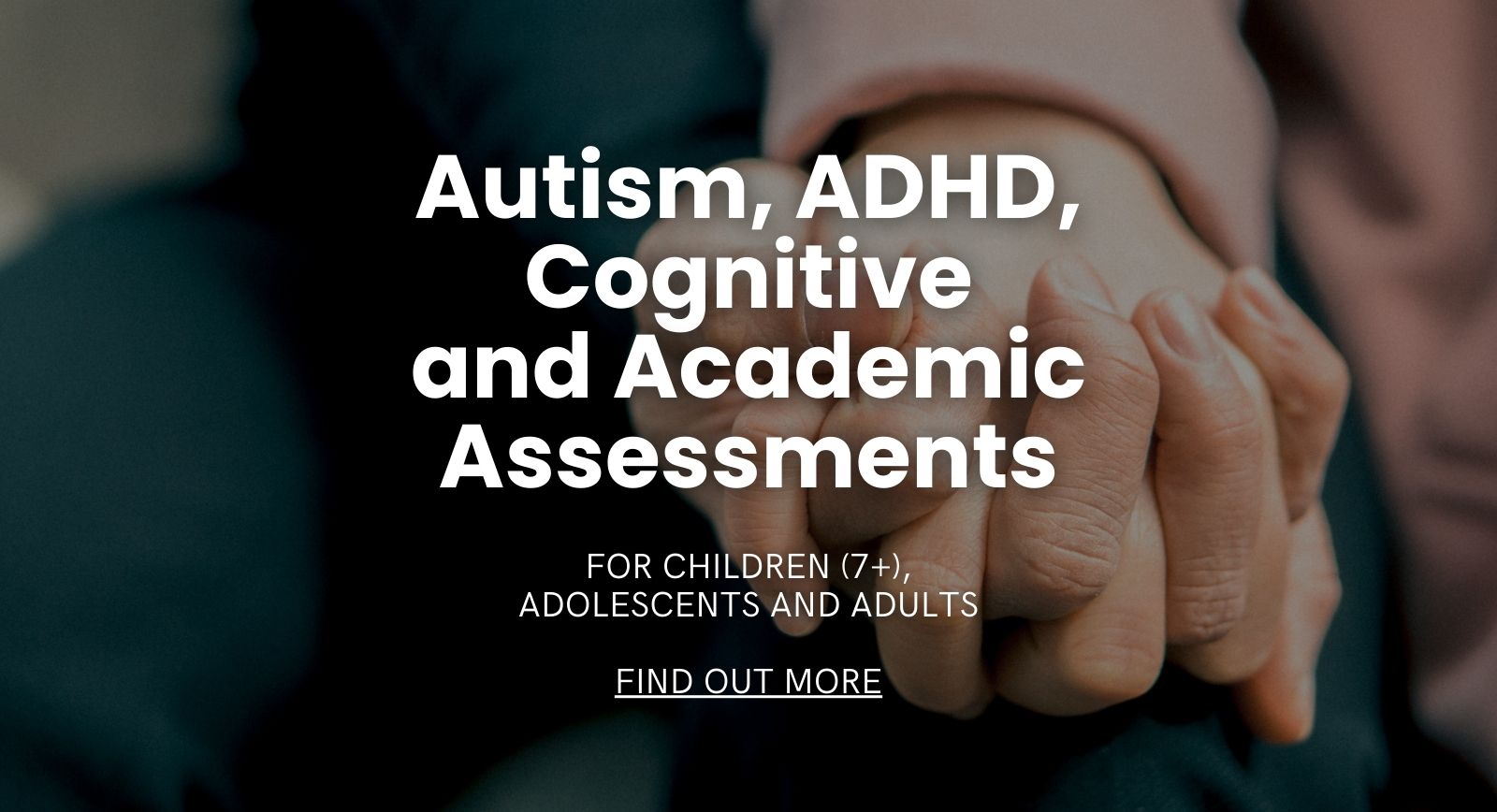Body Image
Challenge
Is your child influenced by an 'ideal' body type, or comparing themselves to others based on appearance?
Is the image of their body affecting their mental wellbeing?
Are they wanting to change their body through dieting or other methods?
Does dieting or restrictive eating lead to preoccupation with thoughts about food?
Body image is how a person thinks and feels about their body, and does not necessarily reflect what you or other people see. Either manifesting as thoughts, emotions, or even a warped perception of how they look, poor body image can result from comparing their body with those in social media or film. Societal beauty standards and ideal bodies may negatively affect how one sees themselves. It is common, particularly in today's age of social media, for children and teenagers to feel insecure or unhappy with their bodies. However, if taken to the extreme, these body image issues can lead to a range of disorders — from body dysmorphia, to eating or anxiety disorders.
Options
While showing support towards someone with body image issues can be difficult as their own perception of themselves may not be based in reality, it is important that you still reach out to them. Despite whether they might believe it or not, speaking to them positively about their bodies and appearances — eg. "You're just right how you are" — is something that is important. However, if body image issues impact their mental health or day-to-day life, it is important that you reach out for professional help. Congratulations in taking the first step!
There is hope. There are effective, evidence-based treatments for dealing with body image, dysmorphia, and self-esteem issues to do with appearances, to guide, support and assist you and your child. The aim is to improve their coping abilities and perception of themselves, and overcome these issues. Therapies available may include ACT, CBT, EMDR, mindfulness, relaxation, exposure, home exercises, and psychoeducation. It is often helpful to deal with body image issues early on, to minimize the risk of eating disorders developing.

